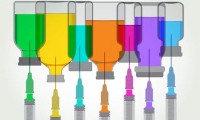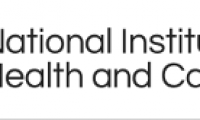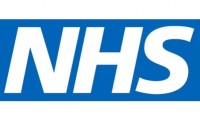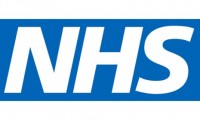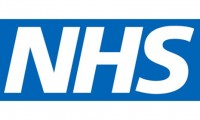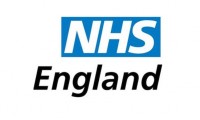-
NHS urges more young people to take up HPV vaccine
- Source: drugdu
- 130
- January 30, 2024
-
NICE recommends two AI-powered software tools for stroke diagnosis in NHS
- Source: drugdu
- 87
- January 27, 2024
-
NHS catch up campaign launched for missed MMR vaccines
- Source: https://pharmatimes.com/news/nhs-catch-up-campaign-launched-for-missed-mmr-vaccines/
- 103
- January 24, 2024
-
Nearly three million people received urgent NHS cancer checks in 2023
- Source: drugdu
- 133
- January 5, 2024
-
NHS trials home testing for chronic kidney disease
- Source: drugdu
- 102
- December 27, 2023
-
NHS to offer stem cell transplants to patients living with rare blood disorder
- Source: drugdu
- 95
- December 5, 2023
-
NHS Confederation research supports investment in NHS services
- Source: drugdu
- 104
- October 1, 2023
-
Portsmouth NHS Trust maternity team enhances patient experience
- Source: drugdu
- 115
- September 30, 2023
-
NICE recommends use of Vydura for acute migraines on the NHS
- Source: drugdu
- 113
- September 16, 2023
-
UK government allocates £250m for more NHS hospital beds in England
- Source: drugdu
- 116
- August 17, 2023
your submission has already been received.
OK
Subscribe
Please enter a valid Email address!
Submit
The most relevant industry news & insight will be sent to you every two weeks.

